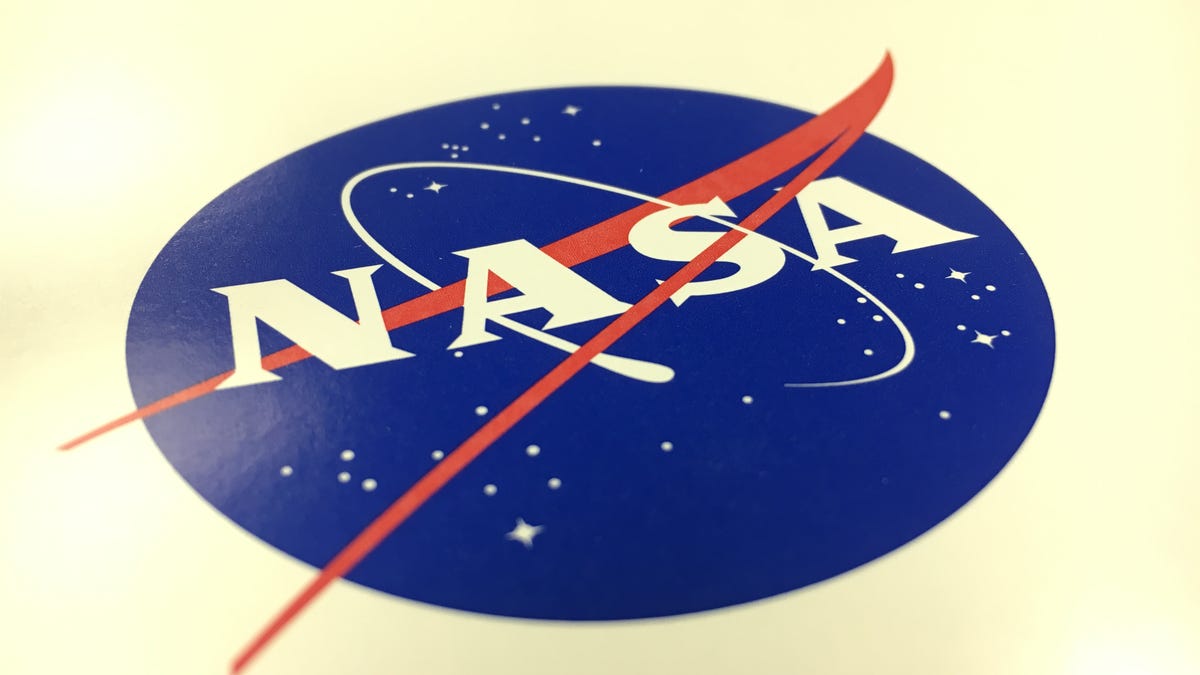The human heart shrinks while in space, study finds
A NASA astronaut was monitored during his year in space.

Scott Kelly, a NASA astronaut, had his heart measured while in space for 340 days.
Researchers have found that the human heart shrinks while in space despite regular exercise, according to a new study. The study, published in journal Circulation, measured NASA astronaut Scott Kelly's heart before and during his 340-day stint in space via 2D and Doppler echocardiograms.
The heart shrinks due to the long period of weightlessness experienced by astronauts, the study said, comparing it to endurance swimming where an athlete is floating in water for several hours a day.
Kelly exercised six days a week while in space, including cycling, treadmill and resistance exercises. Despite this exercise, though, Kelly's left ventricular mass still shrank in size.
"During spaceflight, the loss of a gravitational gradient results in a ... short-term rise in preload, followed by a compensatory decrease in blood volume and a long-term reduction in preload," the study, reported earlier Tuesday by Business Insider, says. "Without countermeasures, extended spaceflight results in cardiac atrophy and orthostatic intolerance."
Kelly's heart returned to normal size once he was living back on Earth, however, the BBC reported Monday.

